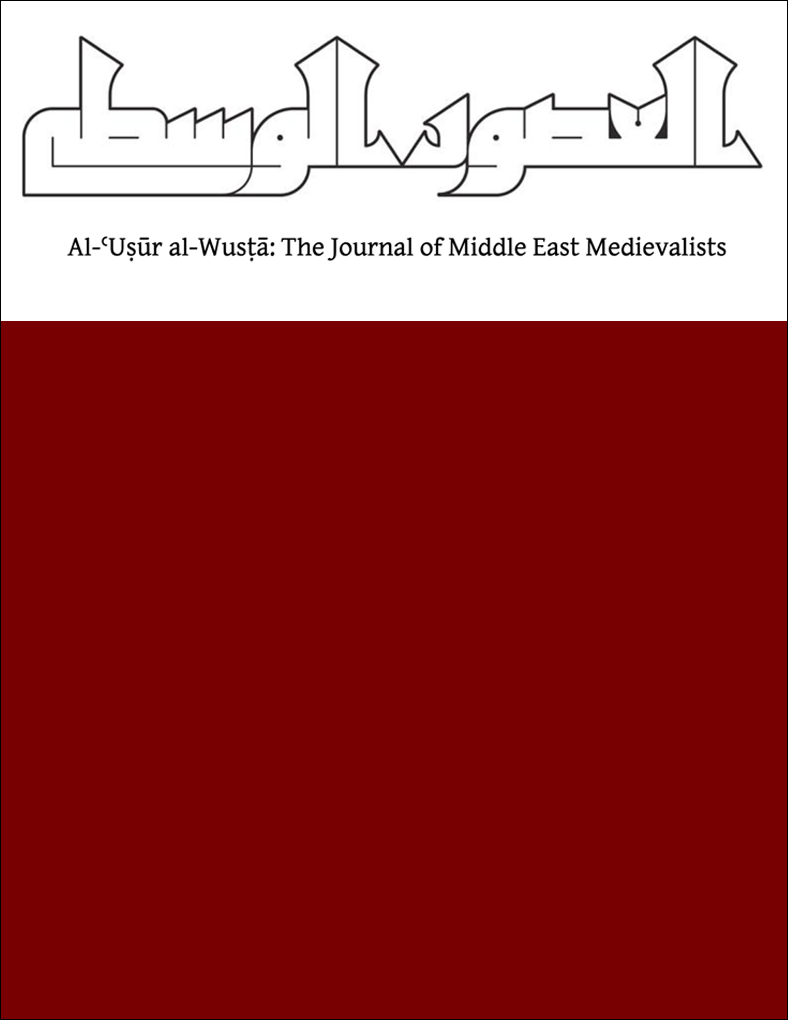Abstract
This article provides an overview of the life and work of a historian largely overlooked by contemporary historiography, Muhammad b. Khalaf al-Ḍabbī, known as Wakīʿ (d. 306/918). This Baghdadian scholar and qadi authored several works in various fields, only one of which has come down to us in a single manuscript: the Akhbār al-quḍāt, one of the earliest sources on the history of Islamic judgeship. Wakīʿ received fierce criticism from his fellow scholars and their successors, before most of his work fell into oblivion. After tracing his training and career, I examine the author’s views about Baghdad. The marginal role he assigns to the Abbasid capital, in connection with the miḥna of the mid-third/ninth century, suggests that this period of inquisition traumatized historians who came from scholarly backgrounds, and had a profound impact on Islamic historiography.

This work is licensed under a Creative Commons Attribution-NonCommercial-NoDerivatives 4.0 International License.
Copyright (c) 2024 Mathieu Tillier

